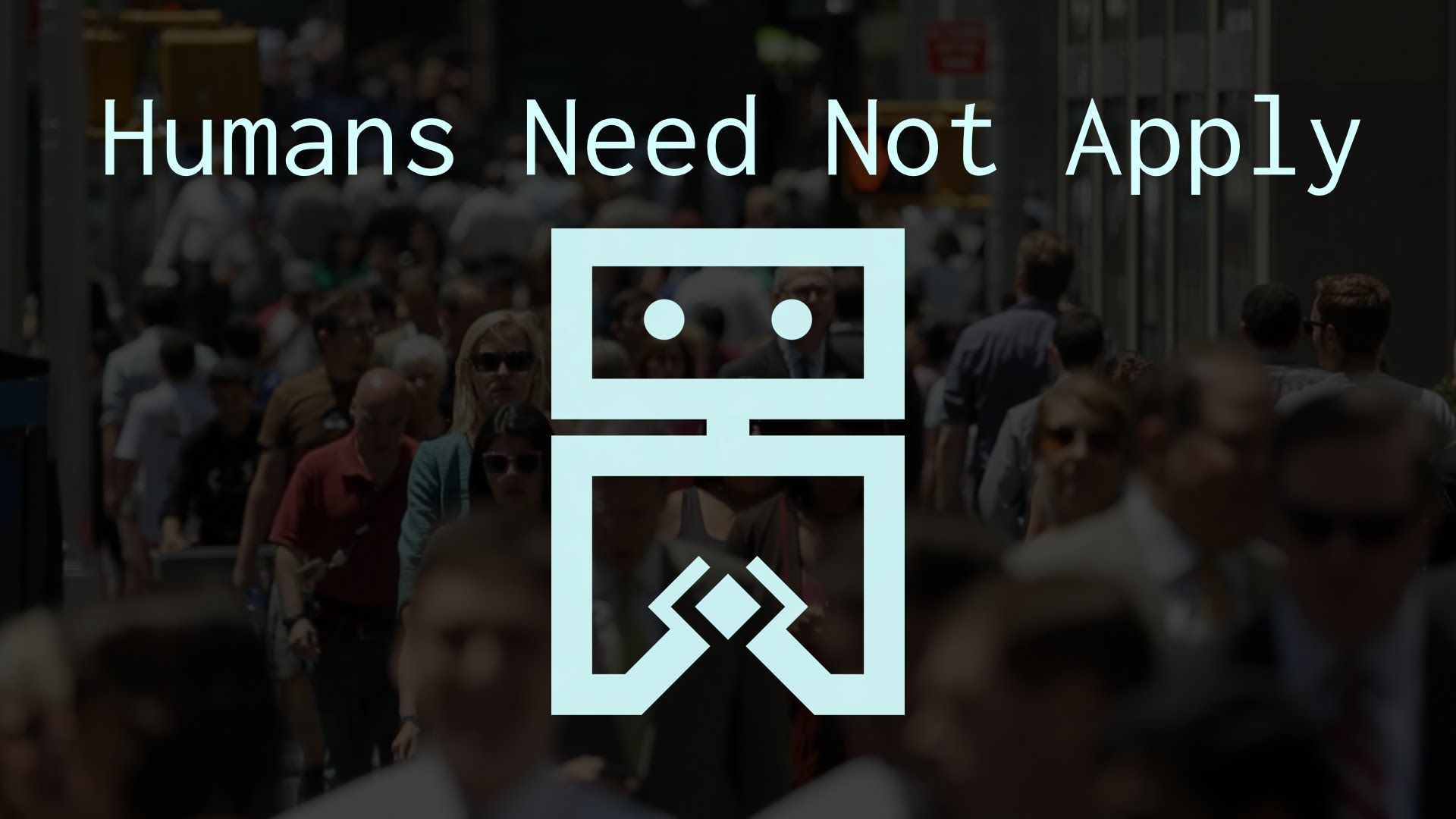Sep 12, 2015
Will Bitcoin End the Reign of Government?
Posted by Philip Raymond in categories: bitcoin, cryptocurrencies, economics, government
When my daughter was just starting primary school, she would look inside a book for the pictures before reading the text. She was old enough to read without pictures, but she wanted to get a quick synopsis before diving in. “Look, Dad! a bunny is carrying a giant clock into a rabbit hole.”
 This is my first article without pictures. At least none of Bitcoin, because the copper coin metaphors are tired and inaccurate. At the user level, owning bitcoin is simply your stake in a widely distributed ledger. Ownership exists only as strings of secret code and public code. There is no physical coin.
This is my first article without pictures. At least none of Bitcoin, because the copper coin metaphors are tired and inaccurate. At the user level, owning bitcoin is simply your stake in a widely distributed ledger. Ownership exists only as strings of secret code and public code. There is no physical coin.
Since the only pictures in this post show a white rabbit with a big clock, let me give you the quick synopsis: The answer is “No”. Bitcoin will not end government, nor its ability to tax, spend—or even enforce compliance.
But there is an irony: Most lawmakers and regulators have not yet figured this out. They perceive a great threat to their national interests. That’s why Andreas M. Antonopoulos runs around the world. He briefs prime ministers, cabinets and legislators with the noble purpose of demystifying and de-boogieing Bitcoin.
Continue reading “Will Bitcoin End the Reign of Government?” »












